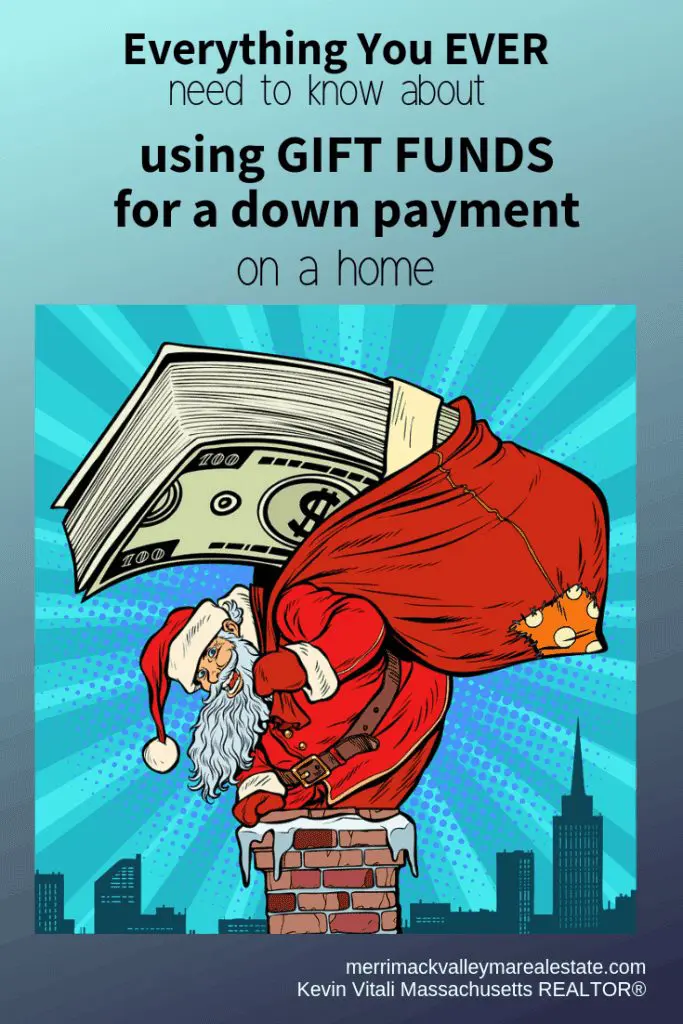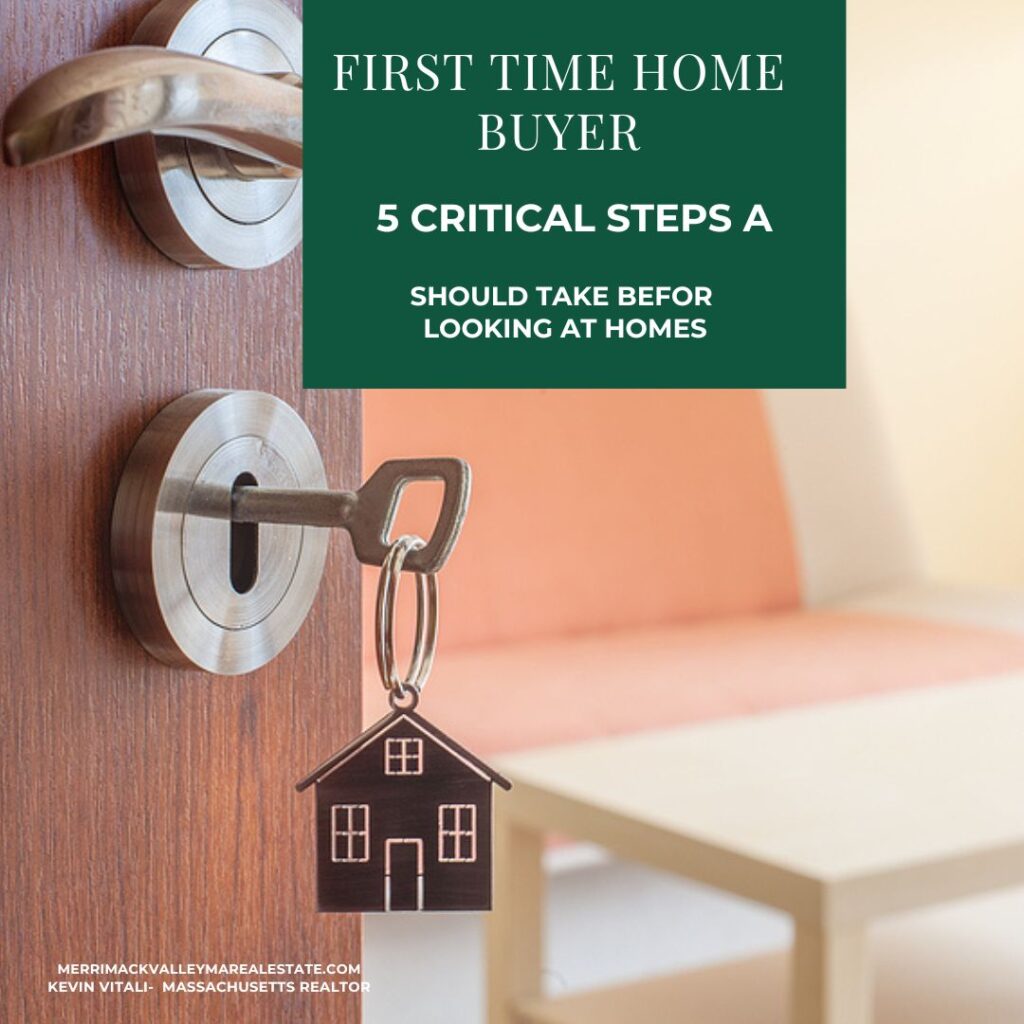 The first step in buying a home for a first time home buyer is to assess how much money do you need to have saved.
The first step in buying a home for a first time home buyer is to assess how much money do you need to have saved.
Now more than ever rents are making buying a first home attractive from a financial standpoint. Combine that with an overall financial outlook of owning a home for years and buying a home offers financial as well as emotional stability that many first time home buyers are looking for.
First, there are several financial obligations that you must consider like your down payment and closing costs. But there are certainly other costs involved that you should also take into account to make sure your first home is not a stressful financial drain.
How Much Money Do I Need To Buy A Home As A First Time Home Buyer
Down Payment for A Home Purchase
Banks, of course, want you as a home buyer to have some skin in the game in the form of a down payment. Having money for a down payment shows the bank your ability to save. It also lessens the liability for the bank if they the house is worth more than the money they are lending for the property.
Since many first time home buyers are strapped for cash I am going to talk about down payment requirements for a down payment of 5% or less.
You certainly don’t need 20% down to buy your first home.
I am not going to go into depth in each loan program but just give you an idea of what is out there so you can discuss your options with a loan officer as a Massachusetts first time home buyer.
Some of the loan options are state specific though many are nationwide. Many states may have some specialized loan products for their residence and it is certainly worth pursuing those options
0% Down Loan Programs
While 0% down programs were more prevalent in the early and mid 2000’s there are still some no money down programs available. If you qualify both of these programs can be excellent programs.
A VA loan is certainly an excellent option for anyone that served in the armed forces under the qualifying guidelines. If you have served in the military absolutely consider a VA loan.
The second is a USDA loan. Unfortunately because they are loans designed for rural areas there is not much availability in the greater Boston area. But, as you get out past the route 495 belt there are many communities where a USDA loan could be a viable option for no money down financing.
1% Down Payment Loan Program
I do have one lender in my arsenal that offers a 1% down loan program. You pay 1% and the bank pays the other 2% towards the down payment. The 2% is only up to $5000 dollars.
To take full advantage of the 1% down program it does limit you to a property of $250,000 or less. But if the property is more you need to complete the balance of 3%. Still on lower priced properties this may be a loan program for you to consider.
3% Down Payment Loan Programs
In this category you have plenty to choose from. While they all are 3% down they each have their own separate pro’s and con’s. Certainly discuss with your loan officer and agent what loan program will be best for you.
Freddie Mac Home Possible is a 3% down payment program . The home possible program advantage is in borrower contribution over the Home Ready Program. It allows gift funds where the Home Ready program dies not.
Fannie Mae HomeReady is another 3% down product. The advantage of the Home Ready Program is it does allow non borrower income to be considered for qualifying for a home loan.
Mass Housing is a loan program specifically for Massachusetts residence. The big advantage of Mass Housing is the PMI monthly premium can be lower for lower credit score borrowers than with Freddie or Fannie Mac.
Mass Housing also has a No Down Payment program in the form of a first and second loan. It is limited to borrowers with excellent credit scores. But, it is certainly a product to ask about
3.5% Down Payment Program
The FHA loan is the granddaddy of low money down programs. It is a loan that is backed by the Federal Housing Authority.
The biggest advantage of the an FHA loan program is it is more tolerant of lower credit scores than the other loan programs mentioned.
5% or More Down Conforming Loan Program
A conforming loan is a loan that conforms to the standards of either Fannie Mae or Freddie Mac backed loan. This is the vanilla loan program that just about every lender or bank carries. But. the important piece is you can get into a conforming loan product for as little as a 5% down payment.
Community Down Payment Assistance
Lower income communities may offer down payment assistance for their entire city or parts of the city. It encourages home ownership in lower income area.
Typically, Community Down Payment Assistance is in the form of a 0% or very low interest soft second mortgage. There may be even terms in the loan that where you may not even have to pay back the loan if you live in the property for so long.
Towns in my service area like Lowell, Haverhill and Lawrence all provide assistance. Your mortgage officer will be a good resource for these programs.
There certainly may be other low money or no money down loan programs out there that can be lender specific. Most of the loan program I call out here are widely available.
Also, Massachusetts has a great down payment asssitance program through MassHousing
Finding Low Money Down or No Money Down Programs
Working with a great mortgage officer will give you access to most of if not all of these programs. Each of these programs can have very specific guidelines regarding minimum credit score, debt to income ratio, gift funds, non-occupant borrowers, etc… But, if you can’t fit into one program another might work.
Your mortgage officer can fit you into a program that best suits your needs based on your borrower profile.
Also, an experienced buyer’s agent can guide you in the right direction. I can’t tell you how many times I have had a client get denied, but because of my knowledge of loan programs I have set them up with a loan officer that has a loan program for them and they are able to move on and buy a home.
Buyer Closing Costs
You have considered the down payment but don’t forget closing costs. Buyer’s closing costs are made up of fees to originate the loan, close the loan and record important documents. Included in those fees could be appraisals, private mortgage insurance, title insurance and pre-paid or escrowed insurance and taxes.
Typically closing costs are 2-4% of the amount borrowed. Some of the fees can vary greatly depending on the loan program. Some of the charges are fixed while others are a percentage of the purchase price
But for your average home in Massachusetts I am seeing closing costs in the $6-10,000 range or roughly about 2% of the purchase price.
So How Much Money Do I Need?
As of Q4 2017 the average median home price in Essex County was $430,000. But since I am talking about first time home buyers lets use a price slightly below the median value and use a price of $380,000.
3% Downpayment on $380,000 is $11,400.
Closing costs at 2% of the purchase price is $7,600.
Total cash to close would be $19,000 to buy a 380,000 home in Massachusetts.
Are You a Little Short on Funds As a First Time Home Buyer?
Maybe you have saved almost all the money you need to fund a purchase and your are a little short on funds. There are ways you can close that down payment gap.
Gift Funds for Down Payment or Closing Costs
Maybe you have a parent or other family member that is willing to help out with some money. Many, but not all of these loan programs, will allow you to use money that is gifted to you from a family member.
If a gift of money is a possibility talk to your loan officer and see how he can structure a loan using gift funds as part of your down payment or closing costs.
Word of warning…. if gift monies are a possibility, to help fund your new home, don’t just put money into your account with out talking to your loan officer. There are very specific guidelines on how that money needs to be documented.
Seller Paid Closing Costs
Most of these loan programs will accept the seller paying for a buyers closing costs. Certainly talk to both your agent and mortgage officer about whether seller paid closing costs are a possibility.
We the current real estate market is red hot in the greater Boston area. It is important to talk to your agent about seller paid closing costs. In a sellers market, asking for seller paid closing costs can be a negotiating disadvantage.
On the other hand if you are in a buyer’s market, it is very common to see a home buyer ask for seller paid closing costs.
Other Costs Above and Beyond Down Payment and Closing Costs
There can be other costs associated with buying your first home outside your down payment and closing costs. It is equally important to think about these additional costs.
- Home Inspection- Think about what inspections are normal and typical in your area.
- Moving Costs- At the very least you are probably renting a U-Haul and purchasing moving supplies or on the upper end your paying a moving company.
- Utility Bills- You may be coming from an apartment where you didn’t pay utilities or all of the utilities. Consider water and sewer, electric, heating, etc…
- Maintenance- Again if you have been renting, you are used to you landlord paying for most of the maintenance and repairs. Guess what you own the house, you own the maintenance and repairs. Just have a little extra cash on hand if something should suddenly arise.
- Misc.- When I built my first home, I moved from a home that I could shovel the drive and walks to a very long driveway. I moved on February 2nd with a big storm moving in. I needed a snow blower right away!! Just have some contingency cash available.
Reserve Funds
May of these loan programs do not require reserve funds. Reserve funds were far more common when I hit the real estate business. A bank would require a borrower to have 2 to 6 months money in reserve to pay the mortgage, taxes, insurance and/or condo fees in the bank.
While a reserve may not necessary to get a loan, I think it is prudent you don’t spend every last cent to get in. Have some cash on hand. Don’t run your bank account down to zero to buy a house. Decide you want 1, 2 or more months of your monthly expenditure on hand in case something does arise.
Summary of How Much Money Do I Need To Buy A Home
There are certainly a few no money down loan programs or plenty of low money down loan programs to choose from when buying a home. You don’t need 20% down to jump into home ownership as a first time buyer.
As a matter of fact you can get into owning a home for as little as 3 to 5% and possible find a loan program where you put no money down.
When planning on how much money you need consider your down payment and closing costs. Don’t forget some of the additional costs such as inspections and moving. And, don’t forget to have a contingency fund for emergencies!
- Bill Gassett Low Money Down Buyers Are Well Qualified to Buy
- Luke Skar Buying a Home With No Money Down
- Wendy Weir How to Save for a Down Payment to Buy Your First Home
- Eileen Anderson What You Need to Know to Buy Your First House
How Much Money Do I Need To Buy A Home As A First Time Home Buyer in Massachusetts is provided by Kevin Vitali a Massachusetts REALTOR located in Tewksbury MA. If you would like to sell your home or buy a new home give me a call at 978-360-0422 and let’s get the process started.
Real Estate Services in the following areas: Northeast Massachusetts, Merrimack Valley, North Shore and Metrowest. Including the following communities and the surrounding area- Amesbury, Andover, Billerica, Burlington, Chelmsford, Dracut, Groveland, Haverhill, Lowell, Melrose, Merrimac, Methuen, Middleton, North Andover, North Reading, Reading, Stoneham, Tewksbury, Tyngsborough, Wakefield, Wilmington, Westford





